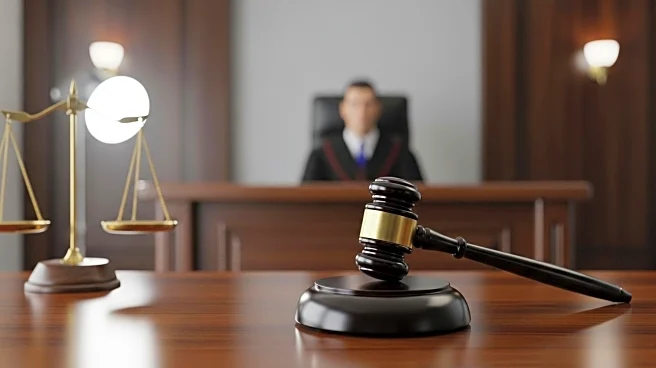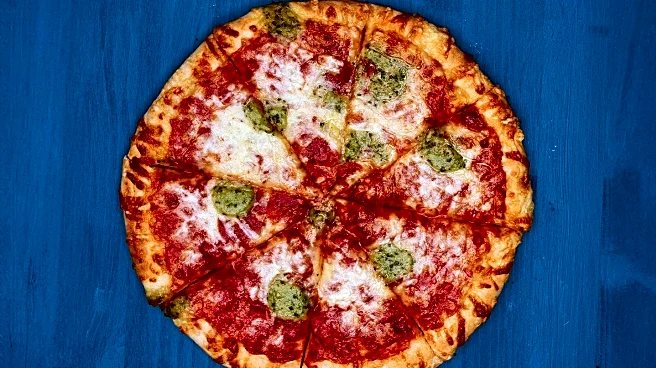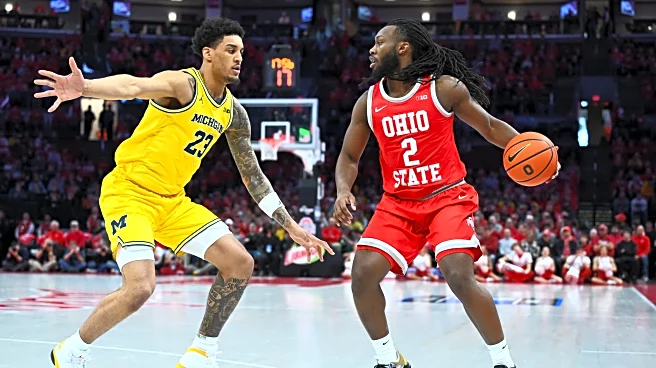What's Happening?
Kim Kardashian and Kris Jenner have filed a defamation lawsuit against R&B singer Ray J. The lawsuit, filed on October 1, 2025, stems from Ray J's claims made during a September 24, 2025 livestream, where he alleged that the Kardashians were under a federal RICO investigation. The complaint, which is 13 pages long, also references a May 30 remark made on TMZ. The lawsuit seeks both actual and punitive damages, arguing that Ray J's statements are part of a long-standing pattern of harassment. The legal action has sparked significant media attention, with outlets like Variety, People, and Rolling Stone covering the story extensively.
Why It's Important?
This lawsuit is significant as it highlights the potential legal consequences of making unverified claims about public figures on social media platforms. The Kardashians' businesses rely heavily on their public image and partnerships, and allegations of federal investigations, even if false, could damage their reputation and business relationships. The case underscores the growing importance of accountability in influencer and celebrity statements, especially when such claims can quickly go viral and impact public perception. The outcome of this lawsuit could set a precedent for how similar cases are handled in the future, potentially leading to more legal actions against defamatory statements made online.
What's Next?
If the court allows the lawsuit to proceed, it could lead to a discovery process where platforms and partners may be required to provide evidence or clarify their positions. This could result in faster corrections and more stringent monitoring of public statements by celebrities and influencers. The case may also prompt social media platforms to reconsider their policies on viral content and its potential legal implications. As the lawsuit progresses, it will be closely watched by legal experts, media outlets, and the public, as it could influence how defamation cases are approached in the digital age.
Beyond the Headlines
The lawsuit raises questions about the balance between free speech and the responsibility of public figures to protect their reputations. It also highlights the role of media amplification in shaping public narratives and the potential for legal action to serve as a deterrent against false claims. The case could lead to a broader discussion about the ethical responsibilities of influencers and the impact of their statements on public discourse and individual reputations.










